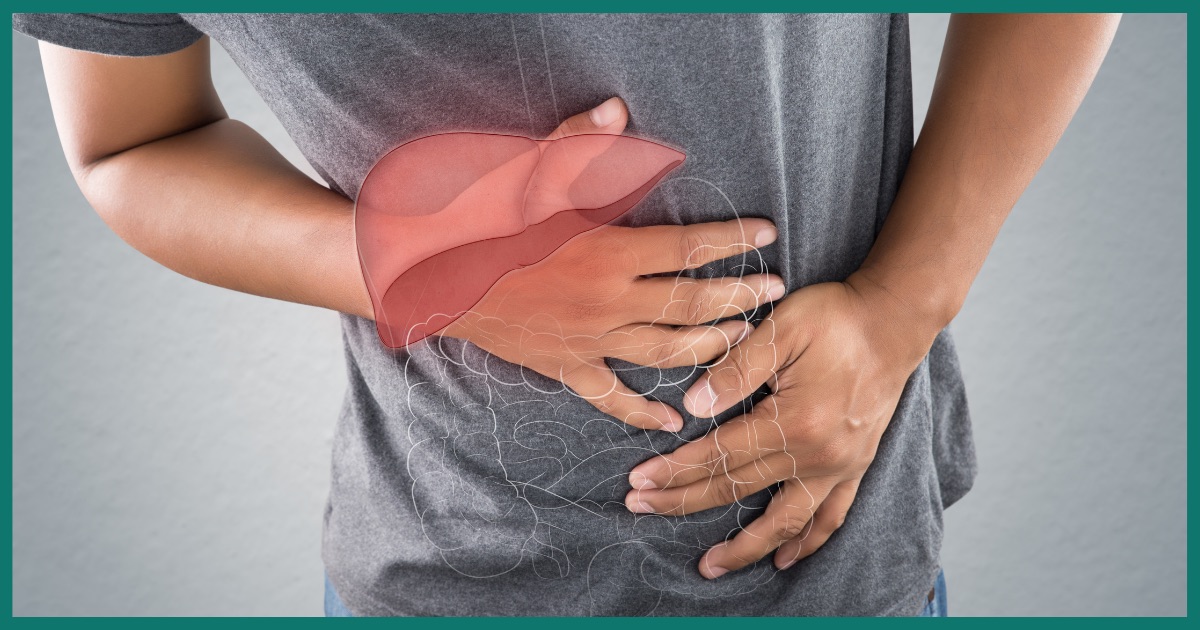Your Liver on Alcohol: A Guide to Damage and Remarkable Healing
By Sophie Solmini
Founder, ICADC, MATS, NCRC

Clinical Context: This article is reviewed by a Certified Alcohol and Drug Counsellor. It provides educational information and is not a substitute for professional medical advice.
It’s the one health concern that’s always in the back of a drinker’s mind. You might be able to ignore other symptoms, but the quiet worry about your liver is hard to shake. You’ve heard the warnings, and you might even be feeling some signs,like fatigue or discomfort,that make you ask a difficult question: “What am I actually doing to my liver?”
It’s a question heavy with fear, and the scary, clinical answers you find online can often lead to more anxiety, not less. But what if the real story wasn't just about damage, but about recovery? What if the most important thing to know about your liver is its incredible, almost super-powered ability to heal itself?
At Heal@Home, we believe in providing honest, hopeful, and science-based information to empower your health journey. This guide will walk you through how alcohol affects your liver, and more importantly, the amazing healing that begins the moment you decide to make a change.
Your Body's Hardest Worker: Understanding the Liver
Before we talk about damage, let’s appreciate what your liver does. It’s a powerhouse, performing over 500 vital functions, from filtering toxins out of your blood to helping digest food and regulating your blood sugar. It's your body's primary defense against poison. When you drink alcohol, your liver works overtime to break it down and remove it from your system. An occasional drink is no problem, but when drinking becomes a chronic habit, this constant workload begins to take its toll, forcing the liver to divert its energy from its other important jobs to focus solely on metabolizing alcohol.
The 3 Stages of Alcohol-Related Liver Disease
Damage from alcohol typically progresses through three stages. The crucial thing to know is that the earliest stage is often completely reversible.
- Fatty Liver (Steatosis): This is the earliest and most common stage, affecting up to 90% of heavy drinkers. The process of breaking down alcohol creates fatty acids. When you drink more than your liver can process, these fats build up inside your liver cells. The good news? Fatty liver disease is often asymptomatic and can be fully reversed in as little as a few weeks of abstaining from alcohol.
- Alcoholic Hepatitis: If heavy drinking continues, the excess fat and the toxic byproducts of alcohol metabolism can cause the liver cells to become inflamed and swollen. This is alcoholic hepatitis. Symptoms can range from mild (nausea, fatigue, abdominal pain) to severe and life-threatening (jaundice, fever, fluid buildup). This is a much more serious condition, but significant healing is still possible if you stop drinking completely, allowing the inflammation to subside.
- Cirrhosis: This is the most advanced stage. Years of chronic inflammation create a cycle of damage and repair that leads to severe scarring of the liver tissue. This scar tissue, called fibrosis, replaces healthy, functioning liver cells and impairs the organ's ability to do its job. While the scar tissue of cirrhosis is not fully reversible, stopping alcohol is the single most important action you can take to prevent further damage and improve your quality of life.
The Key to Healing: Stopping the Damage
Your liver wants to heal. It is one of the only organs in the body that can regenerate its own cells. But it cannot begin this vital repair work if it is constantly under attack from alcohol. The single, non-negotiable first step to allowing your liver to heal is to significantly reduce or stop your alcohol intake.
For many, this is where the real struggle begins. You know you need to stop, but the biological force of cravings feels overwhelming. This is not a failure of willpower; it’s a symptom of a medical condition. And it’s a problem that can be solved with medical support. At Heal@Home, our entire program is designed to give you the upper hand in this battle. Our use of Medication-Assisted Treatment (MAT), often with The Sinclair Method, is the tool that creates the necessary 'ceasefire.' A non-addictive medication like naltrexone works to quiet the cravings in your brain. By turning down the biological 'noise,' it gives you the stability and control to stop the ongoing damage, allowing your liver to finally begin its remarkable healing process.
Supporting Your Liver's Recovery
Once you've taken the critical step of reducing or quitting alcohol, you can further support your liver's health with your lifestyle.
- Eat a Nutrient-Rich Diet: Focus on a balanced diet full of fruits, vegetables, whole grains, and lean proteins. Reducing processed foods, sugar, and unhealthy fats lessens the workload on your liver. Foods like coffee, tea, and leafy greens are known to be particularly beneficial.
- Maintain a Healthy Weight: Excess body weight can contribute to a different form of fatty liver disease (NAFLD), which can compound the damage from alcohol. Achieving a healthy weight through diet and exercise is a powerful act of support for your liver.
- Regular, Gentle Exercise: You don't need to run a marathon. Regular, moderate exercise like brisk walking helps reduce liver fat, improves insulin sensitivity, and reduces inflammation throughout the body.
For more detailed, credible information, the Canadian Liver Foundation is an excellent national resource.
You Have the Power to Heal
Learning about liver damage can be scary, but the real takeaway is one of profound hope. If you're in Canada and ready to take that first, crucial step, contact Heal@Home for a confidential chat about our programs. Call us at 647-545-6751 or visit us online today.
Interested in our Program?
Our team provides a private, 12-week protocol designed to help you regain control from home.
Speak with our Team